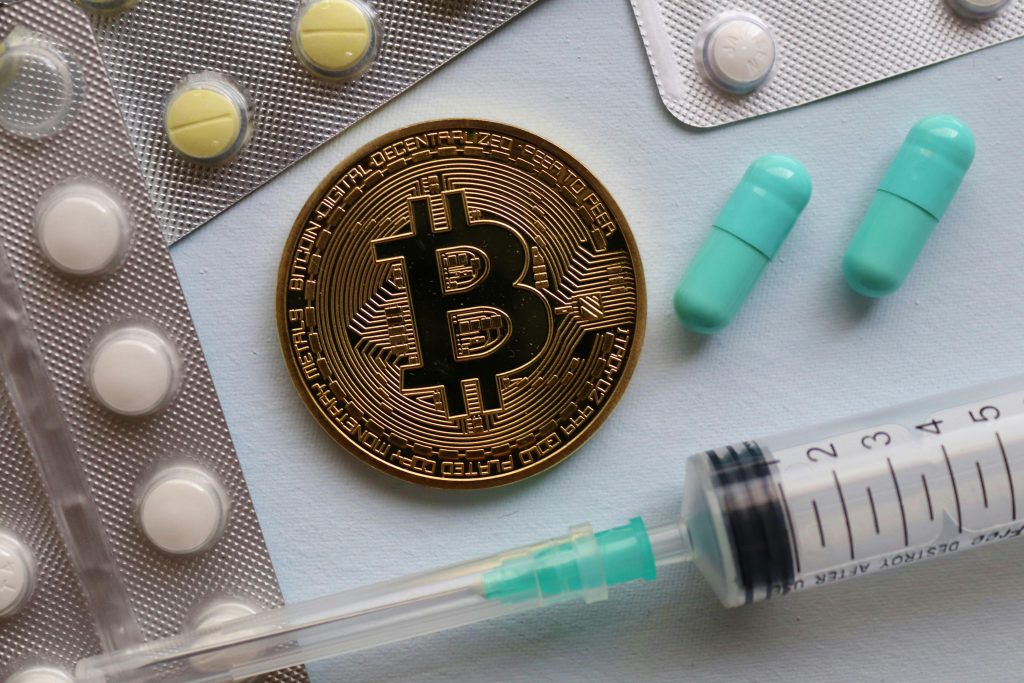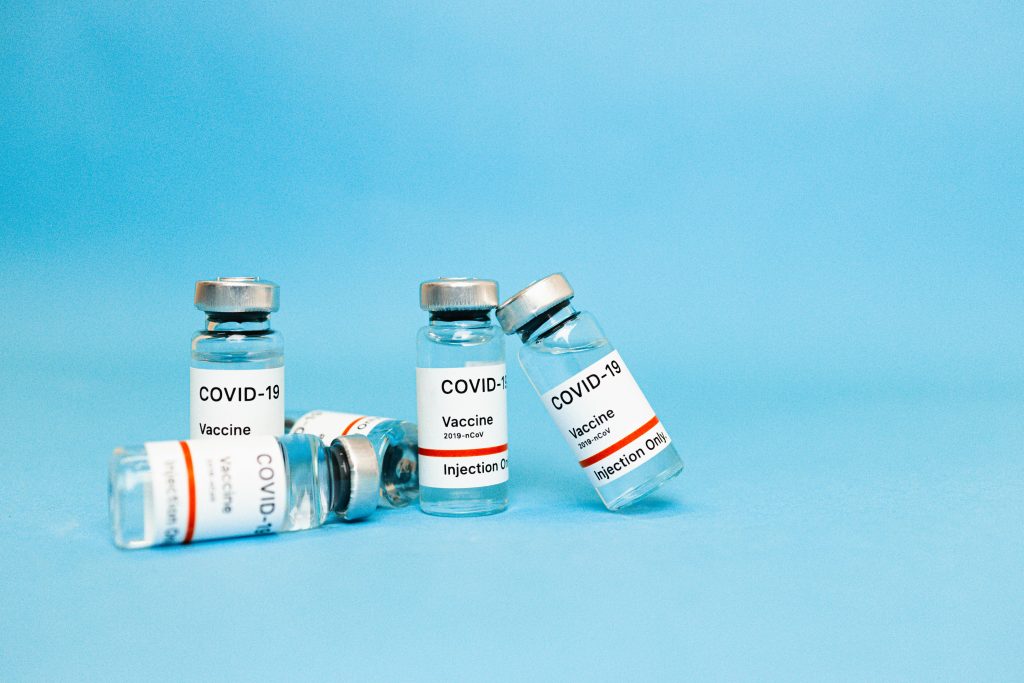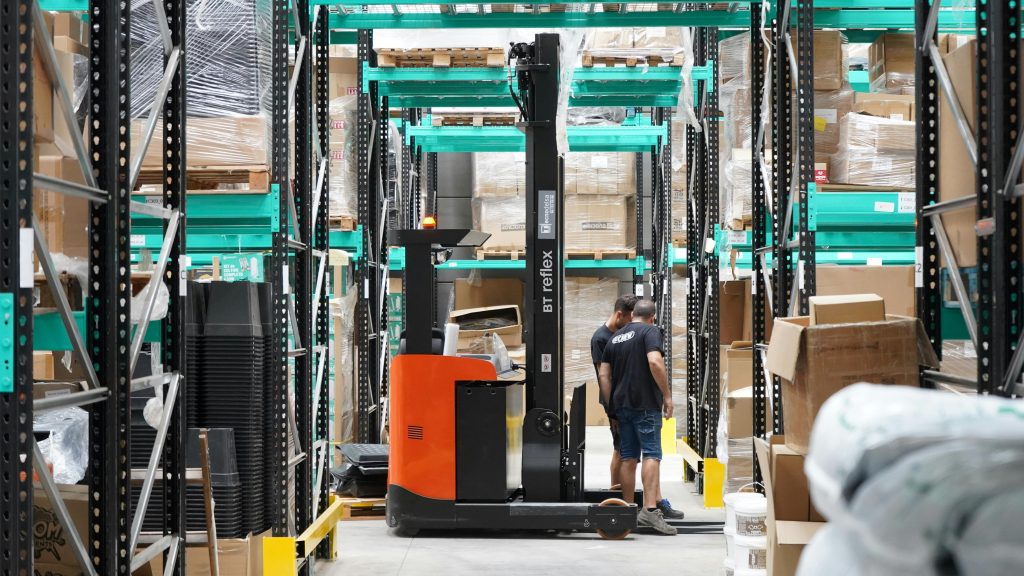The medical supply chain is a critical component of healthcare systems worldwide, ensuring that essential supplies, such as medicines, equipment, and personal protective equipment (PPE), reach healthcare providers and patients in a timely and efficient manner. However, the complexity and sensitivity of medical supply chains pose significant challenges, including demand volatility, regulatory requirements, and the need for precision and reliability. Innovations in supply chain management are transforming how medical supplies are sourced, stored, and distributed, ensuring efficiency, reliability, and resilience. This article explores the latest innovations in medical supply chain management and how they are revolutionizing healthcare logistics.
The Importance of an Efficient Medical Supply Chain
An efficient medical supply chain is vital for:
- Patient Care: Ensuring that healthcare providers have the necessary supplies to deliver quality care.
- Cost Management: Reducing waste and optimizing inventory to lower operational costs.
- Crisis Response: Enabling rapid and reliable distribution of supplies during emergencies, such as pandemics or natural disasters.
- Compliance: Meeting stringent regulatory requirements for the storage and transportation of medical supplies.
Innovations in supply chain management are addressing these challenges, making medical supply chains more agile, transparent, and resilient.
Key Innovations in Medical Supply Chain Management
1. Digitalization and Data Analytics
Digital tools and data analytics are transforming supply chain operations by providing real-time visibility into inventory levels, demand patterns, and distribution networks. Predictive analytics helps forecast demand, optimize inventory, and prevent shortages.

2. Blockchain for Transparency and Traceability
Blockchain technology ensures transparency and traceability in the medical supply chain by creating an immutable record of transactions. This is particularly important for tracking the origin and movement of medicines and medical devices.

3. IoT-Enabled Smart Logistics
IoT (Internet of Things) devices, such as sensors and GPS trackers, monitor the condition and location of medical supplies in real time. This ensures that temperature-sensitive items, like vaccines, are stored and transported under optimal conditions.

4. Automation and Robotics
Automation and robotics are streamlining warehouse operations, reducing manual errors, and improving efficiency. Automated systems handle tasks like sorting, packing, and inventory management.

5. AI-Driven Demand Forecasting
AI-powered tools analyze historical data, market trends, and external factors to predict demand for medical supplies accurately. This helps organizations plan inventory levels and avoid shortages or overstocking.

6. Cold Chain Innovations
Cold chain technologies ensure the safe storage and transportation of temperature-sensitive medical supplies, such as vaccines and biologics. Innovations like advanced refrigeration systems and temperature-monitoring devices enhance reliability.

Benefits of Innovations in Medical Supply Chain Management
- Efficiency: Streamlines operations and reduces costs.
- Reliability: Ensures timely and accurate delivery of medical supplies.
- Transparency: Enhances traceability and accountability.
- Resilience: Improves the ability to respond to disruptions and emergencies.
- Compliance: Meets regulatory requirements for medical supply storage and transportation.
Applications of Innovative Medical Supply Chain Solutions
1. Hospital and Clinic Supply Chains
Innovations ensure that hospitals and clinics have the necessary supplies to deliver quality care while minimizing waste and costs.
2. Pharmaceutical Distribution
Advanced logistics solutions optimize the distribution of medicines, ensuring they reach pharmacies and patients safely and efficiently.
3. Emergency Response
During crises, such as pandemics or natural disasters, innovative supply chain solutions enable rapid and reliable distribution of critical supplies.
4. Global Health Initiatives
Innovations support the distribution of medical supplies in remote or underserved areas, improving access to healthcare.
The Future of Medical Supply Chain Management
The future of medical supply chain management lies in the integration of advanced technologies and collaborative approaches. Key trends to watch include:
1. AI and Machine Learning
AI will play an increasingly important role in optimizing supply chain operations, from demand forecasting to route optimization.
2. Sustainable Practices
Organizations will prioritize eco-friendly practices, such as reducing packaging waste and using renewable energy in logistics.
3. Collaborative Ecosystems
Partnerships between governments, healthcare providers, and supply chain companies will drive innovation and efficiency.
4. Personalized Medicine
As personalized medicine grows, supply chains will need to adapt to handle smaller, more customized orders.
Conclusion
Innovations in medical supply chain management are transforming healthcare logistics, ensuring that essential supplies reach those who need them efficiently and reliably. By leveraging technologies like data analytics, blockchain, IoT, and AI, organizations can optimize operations, reduce costs, and enhance resilience. As the healthcare industry continues to evolve, these innovations will play a critical role in shaping a more efficient and sustainable future.
The future of medical supply chain management is innovative, data-driven, and collaborative—and it starts with the adoption of cutting-edge solutions today.
References
- “The Role of Technology in Medical Supply Chain Management” – McKinsey & Company
- “Blockchain in Healthcare Supply Chains” – Deloitte
- “IoT and Smart Logistics in Healthcare” – IEEE Internet of Things
- “AI in Supply Chain Management” – Forbes